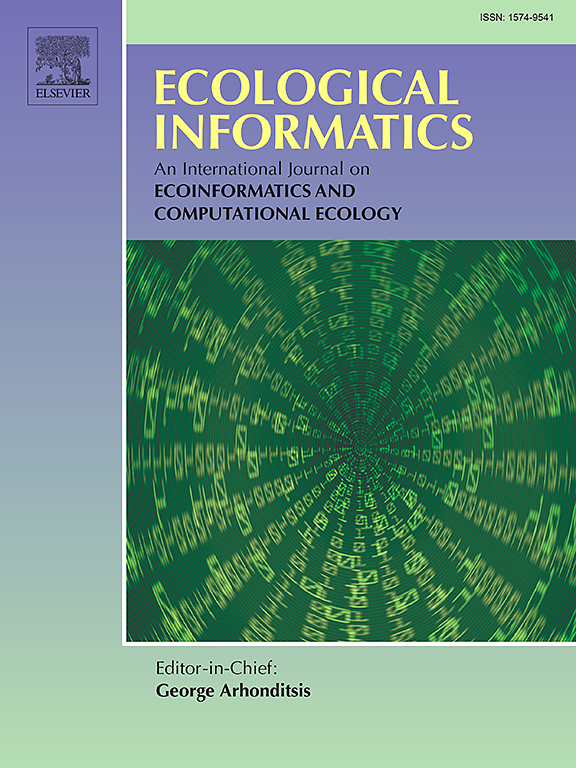Application of differential privacy to sensor data in water quality monitoring task
IF 5.8
2区 环境科学与生态学
Q1 ECOLOGY
引用次数: 0
Abstract
Although differential privacy (DP) is used to obfuscate local information and avoid data leakage, very little research exists on the neural network model performance with applied DP for datasets from online drinking water sensor monitoring. This study aims to examine the accuracy of four different neural network model architectures with DP applications. To compare the performance of the neural network model performance in total 2 215 906 augmented and experimentally obtained sensor readings were obtained from a drinking-water pilot system. Three types of contaminations at three different concentrations were applied as scenarios for anomalies in drinking water monitoring. The results achieved similar accuracy with all model architectures, with the best result showing only a 0.3% reduction in model accuracy compared with a nonprivate neural network model with 94% and 94.7% accuracy, respectively. Thus, differential privacy can be applied in the field of water quality monitoring with a reasonable decrease in the model performance.
求助全文
约1分钟内获得全文
求助全文
来源期刊

Ecological Informatics
环境科学-生态学
CiteScore
8.30
自引率
11.80%
发文量
346
审稿时长
46 days
期刊介绍:
The journal Ecological Informatics is devoted to the publication of high quality, peer-reviewed articles on all aspects of computational ecology, data science and biogeography. The scope of the journal takes into account the data-intensive nature of ecology, the growing capacity of information technology to access, harness and leverage complex data as well as the critical need for informing sustainable management in view of global environmental and climate change.
The nature of the journal is interdisciplinary at the crossover between ecology and informatics. It focuses on novel concepts and techniques for image- and genome-based monitoring and interpretation, sensor- and multimedia-based data acquisition, internet-based data archiving and sharing, data assimilation, modelling and prediction of ecological data.
 求助内容:
求助内容: 应助结果提醒方式:
应助结果提醒方式:


